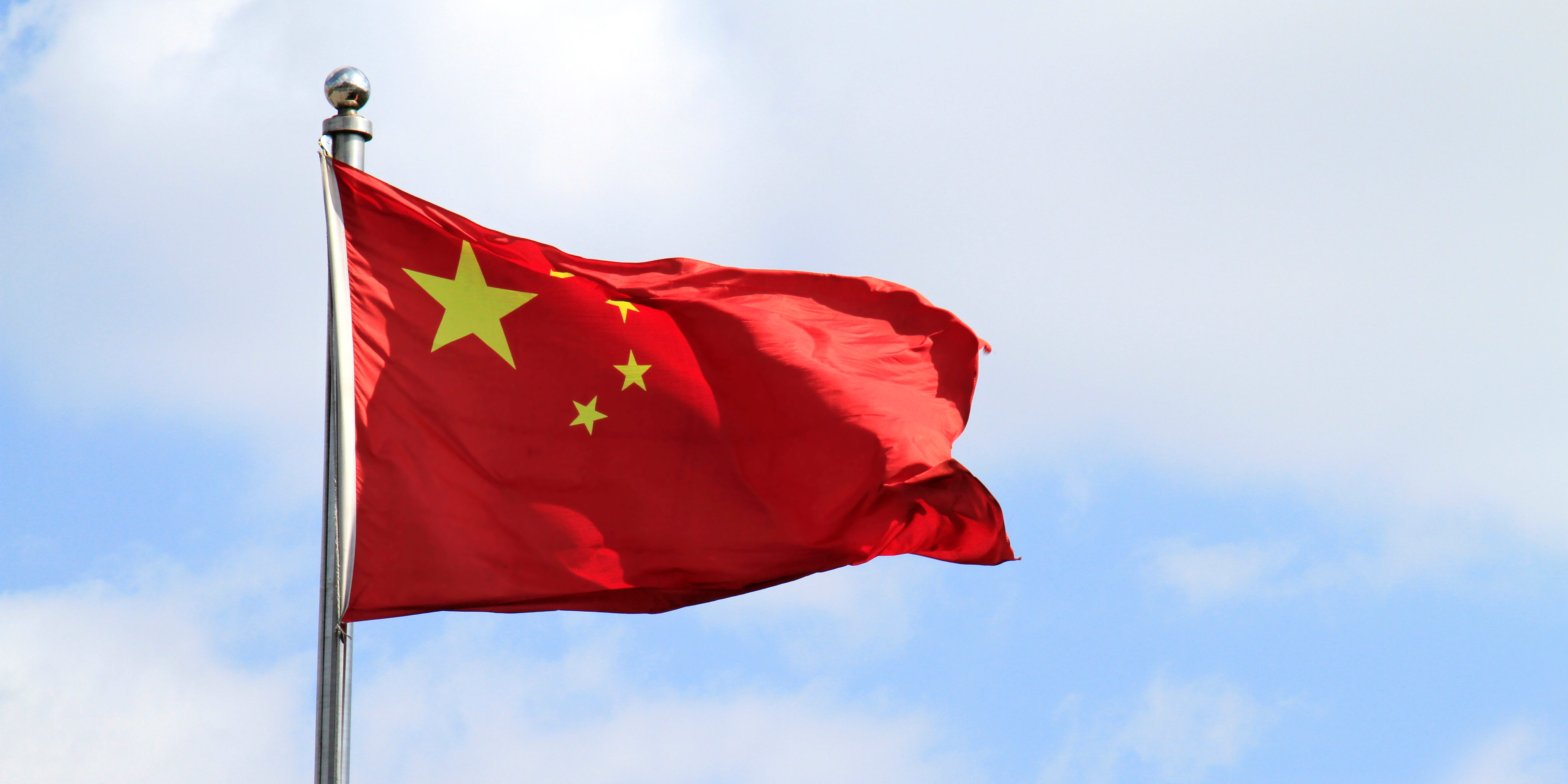A portfolio manager in Norway is buying Chinese stocks from US buyers, who must offload them due to sanctions, Bloomberg reported. The assets have helped Fredrik Bjelland beat nine out of 10 peers this year and 81% last year. One of his holdings, China National Offshore Oil Corp., has 40% more upside, he told Bloomberg. Loading Something is loading.
Thanks for signing up!
Access your favorite topics in a personalized feed while you’re on the go.
A portfolio manager in Norway has been buying Chinese stocks from Americans forced to sell them due to US sanctions, and those assets are helping him outperform the market and his peers, according to a report from Bloomberg.
Fredrik Bjelland, the head of Skagen AS’s emerging market fund, has taken big positions in companies like China National Offshore Oil Corp. (CNOOC) and China Mobile. In fact, Chinese stocks make up more than one-third of the firm’s $1.5 billion portfolio.
Bjelland told Bloomberg that the Chinese stocks are “mispriced in a big way” because sanctions forced US holders to dump them. For example, CNOOC and dozens of other Chinese companies were sanctioned by the Trump administration, which accused them of helping the People’s Liberation Army intimidate China’s neighbors.
An executive order set a November 2021 deadline for US investors to divest the blacklisted companies.
“You had a wave of passive and price-indiscriminate sellers,” Bjelland said. “One thing that we like, as contrarian investors, is buying from people who have to sell at an any price. That gave us a very, very good price.”
So far, that strategy has paid off. CNOOC’s stock jumped 24% last year, and Bjelland sees 40% more upside.
And in 2023, the Skagen’s Kon-Tiki Emerging Markets fund has returned close to 12% in local currency, outperforming the 9.7% gain for MSCI’s emerging-market daily total return gauge, according to Bloomberg data.
Meanwhile, Bloomberg rankings show his fund has beaten nine out of 10 peers this year and 81% last year.
“Our strategy is to find things where they’re unpopular, they are cheap and that means that they tend to have fallen,” Bjelland said. “For things to fall rapidly, there needs to be someone who is giving up.”
